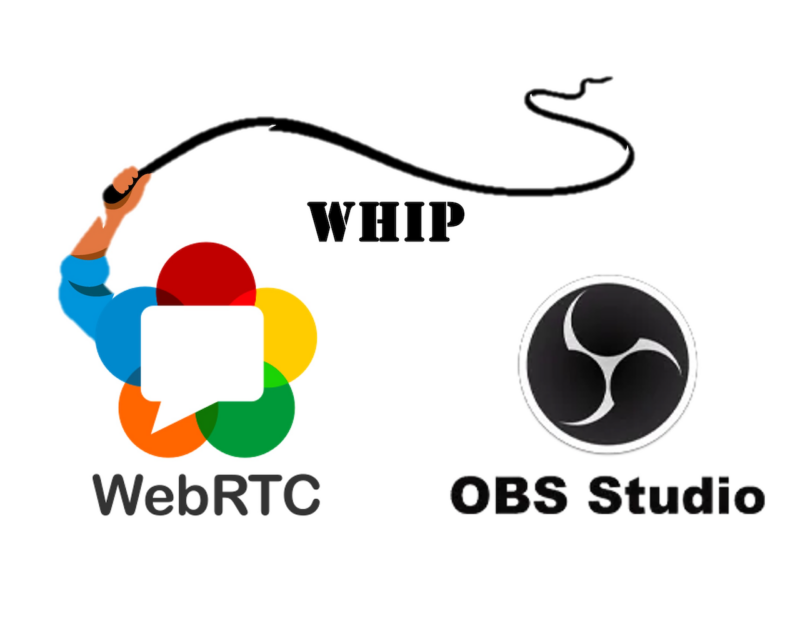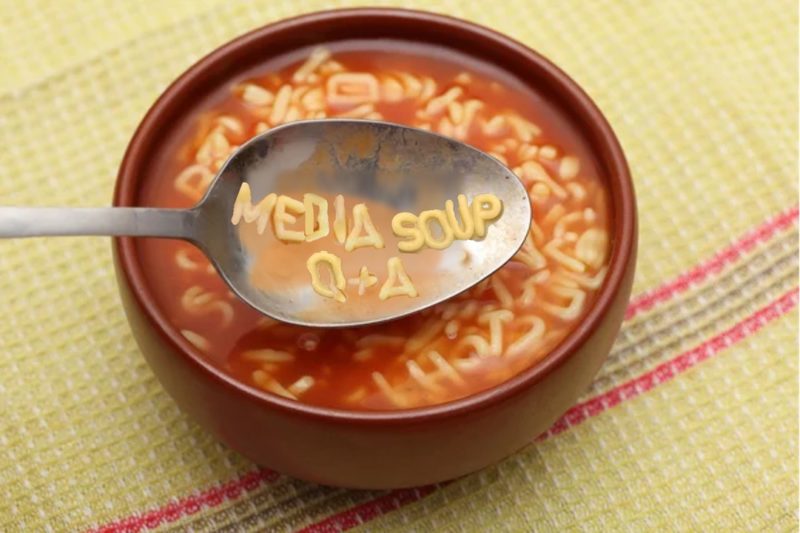Thanks to work initiated by Google Project Zero, fuzzing has become a popular topic within WebRTC since late last year. It was clear WebRTC was lacking in this area. However, the community has shown its strength by giving this topic an immense amount of focus and resolving many issues. In a previous post, we showed […]
Search Results for: Janus
WebRTC Plumbing with GStreamer
GStreamer is one of the oldest and most established libraries for handling media. As a core media handling element in Linux and WebKit that as launched near the turn of the century, it is not surprising that many early WebRTC projects use various pieces of it. Today, GStreamer has expanded options for helping developers plumb […]
All the ways to send a video file over WebRTC
I am working on a personal Chrome Extension project where I need a way to convert a video file – like your standard mp4 – into a media stream, all within the browser. Adding a file as a src to a Video Element is easy enough. How hard could it be to convert a video […]
WebRTC cracks the WHIP on OBS
Open Broadcaster Software – Studio or OBS Studio is an extremely popular open-source program used for streaming to broadcast platforms and for local recording. WebRTC is the open-source real time video communications stack built into every modern browser and used by billions for their regular video communications needs. Somehow these two have not formally intersected […]
Revealing mediasoup’s core ingredients: Q&A with Iñaki Baz Castillo
I interviewed mediasoup’s co-founder, Iñaki Baz Castillo, about how the project got started, what makes it different, their recent Rust support, and how he maintains a developer community there despite the project’s relative unapproachability. mediasoup was one of the second-generation Selective Forwarding Units (SFUs). This second generation emerged to incorporate different approaches or address different use cases a few years after the first generation of SFUs came to market. mediasoup was and is different. It is node.js-based, built as a library to be part of a serve app, and incorporated the Object-oriented approaches used by ORTC – the alternative spec to WebRTC at the time. Today, mediasoup is a popular SFU choice among skilled WebRTC developers. mediasoup’s low-level native means this skill is required.






